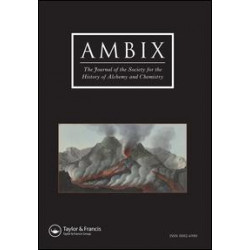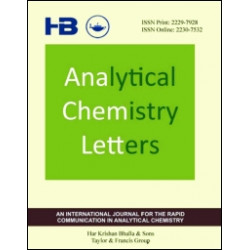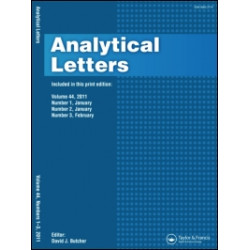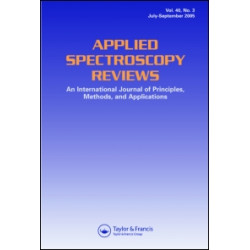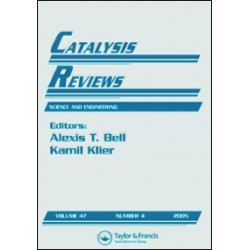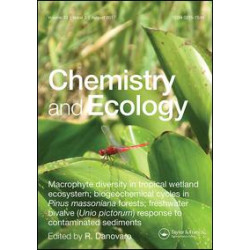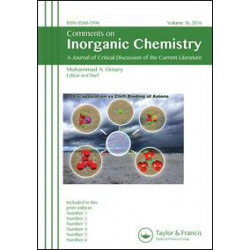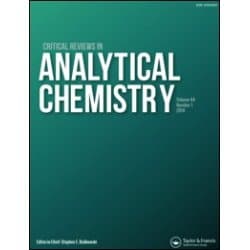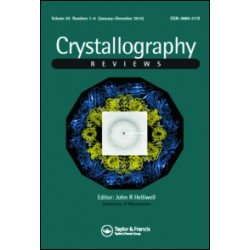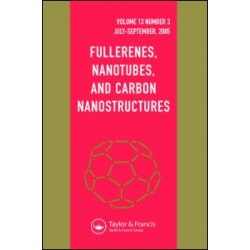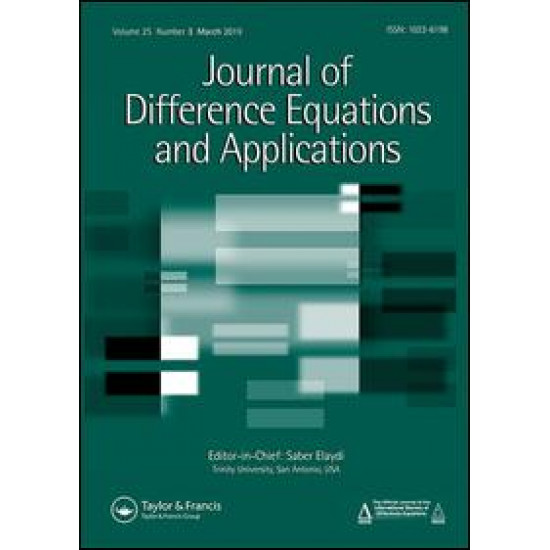
Journal of Difference Equations and Applications
The Journal of Difference Equations and Applications is a world-leading Journal publishing state-of-the-art papers which significantly contribute to the theory and applications of difference equations or discrete dynamical systems. Articles using techniques from both difference equations and discrete dynamical systems or contributing to the interplay between these two areas are especially welcome. Continuous models that play a role in the applications and theory of difference equations of discrete dynamical systems are also welcome.
The Journal publishes papers in two sections:
Section A: Pure mathematics and theory of difference equations or discrete dynamical systems.
Section B: Applications and techniques utilising difference equations or discrete dynamical systems.
Topics of interest to the journal include but are not limited to: iteration theory, complex dynamics, chaos theory, topological and combinatorial dynamics, stability theory, boundary value problems, symmetries and integrable systems, q-difference equations, ergodic theory, numerical analysis, special functions and orthogonal polynomials, combinatorics, dynamic equations on time-scale, and difference-differential equations. Articles that deal with the applications of difference equations or discrete dynamical systems to any scientific discipline, including but not limited to, various disciplines of mathematical biology, evolutionary game theory, economics, physics, and engineering are also of interest to the Journal. Other topics will be considered at the Editors’ discretion.
The Journal is composed of original research, expository, short notes, and book reviews, and papers that present novel ideas in applications and techniques.
Peer Review Policy
JDEA applies high standards in accepting papers for publication. All submitted articles undergo a very rigorous peer-review process. All manuscripts are first subject to initial appraisal by the Editor-in-Chief. If found suitable for further consideration, papers are subject to peer-review by independent, anonymous expert referees, under the guidance of the Editorial Board. All peer-review is single blind and submissions can be made online at http://mc.manuscriptcentral.com/gdea.
Publishing Ethics
The Journal adheres to the highest standards of publishing ethics, with rigorous processes in place to ensure this is achieved. Taylor & Francis is a member of Committee of Publications Ethics (COPE) and utilises CrossCheck for all Journals. More information on our ethical standards and policies can be found here: http://authorservices.taylorandfrancis.com/ethics-for-authors/
The Journal has an appeals and complaints policy which can be viewed here: https://authorservices.taylorandfrancis.com/peer-review-appeals-and-complaints-from-authors/.
The Journal publishes papers in two sections:
Section A: Pure mathematics and theory of difference equations or discrete dynamical systems.
Section B: Applications and techniques utilising difference equations or discrete dynamical systems.
Topics of interest to the journal include but are not limited to: iteration theory, complex dynamics, chaos theory, topological and combinatorial dynamics, stability theory, boundary value problems, symmetries and integrable systems, q-difference equations, ergodic theory, numerical analysis, special functions and orthogonal polynomials, combinatorics, dynamic equations on time-scale, and difference-differential equations. Articles that deal with the applications of difference equations or discrete dynamical systems to any scientific discipline, including but not limited to, various disciplines of mathematical biology, evolutionary game theory, economics, physics, and engineering are also of interest to the Journal. Other topics will be considered at the Editors’ discretion.
The Journal is composed of original research, expository, short notes, and book reviews, and papers that present novel ideas in applications and techniques.
Peer Review Policy
JDEA applies high standards in accepting papers for publication. All submitted articles undergo a very rigorous peer-review process. All manuscripts are first subject to initial appraisal by the Editor-in-Chief. If found suitable for further consideration, papers are subject to peer-review by independent, anonymous expert referees, under the guidance of the Editorial Board. All peer-review is single blind and submissions can be made online at http://mc.manuscriptcentral.com/gdea.
Publishing Ethics
The Journal adheres to the highest standards of publishing ethics, with rigorous processes in place to ensure this is achieved. Taylor & Francis is a member of Committee of Publications Ethics (COPE) and utilises CrossCheck for all Journals. More information on our ethical standards and policies can be found here: http://authorservices.taylorandfrancis.com/ethics-for-authors/
The Journal has an appeals and complaints policy which can be viewed here: https://authorservices.taylorandfrancis.com/peer-review-appeals-and-complaints-from-authors/.
₹185,311.82







